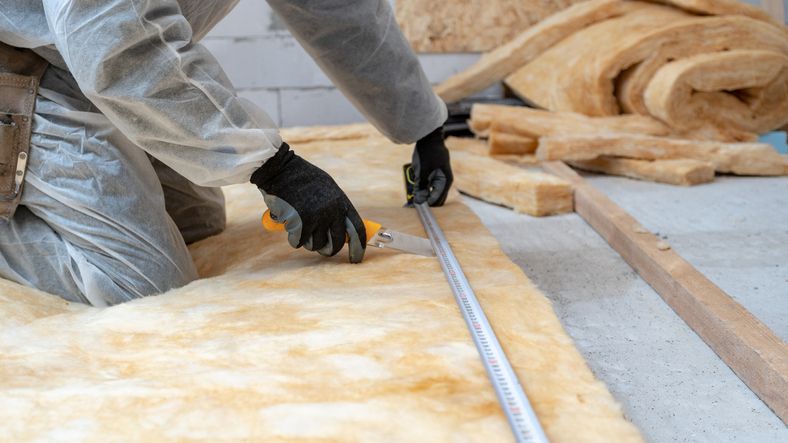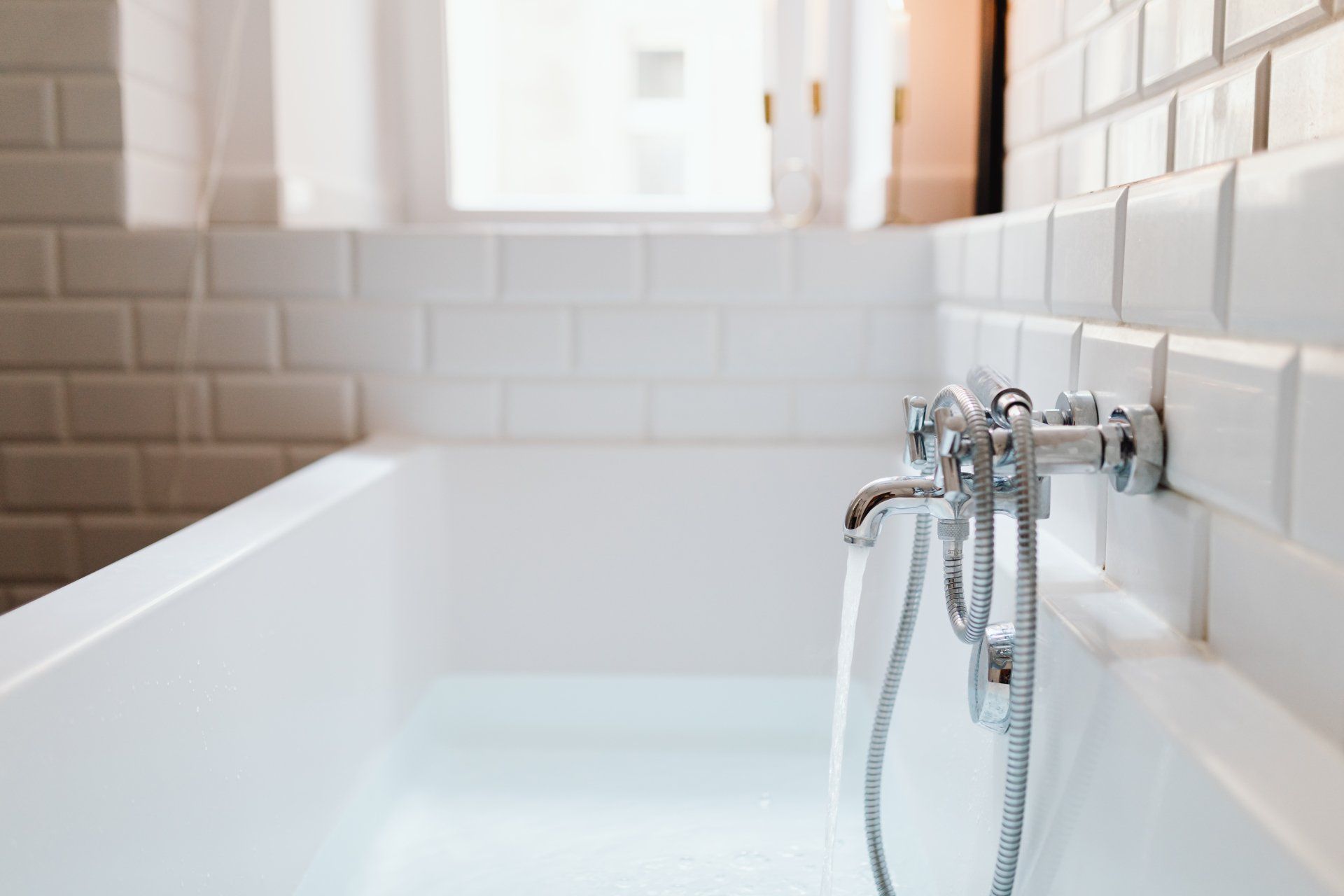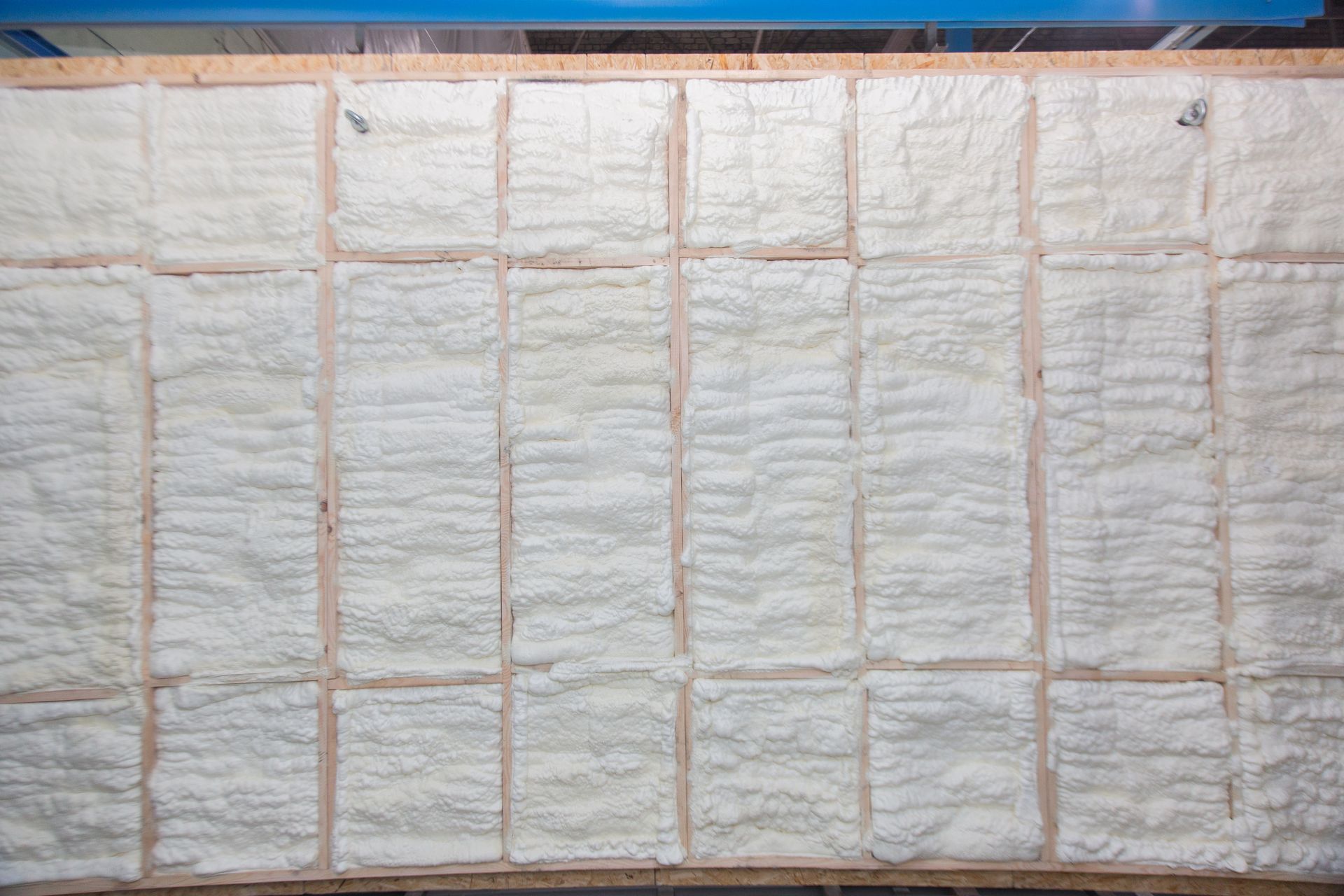Insulation Pros of Coquitlam
We proudly serve our community because Coquitlam, BC is our home too. Serving our fellow neighbors and businesses in their insulation installations is our pleasure. Call us today for a free quote.
Insulation Repair Services
Insulation is an important factor in keeping your home energy efficient and comfortable. It acts as a barrier between your interior spaces and the outside world by trapping cooled or heated air inside. Poor insulation can result in a lot of energy being wasted because it allows heat to escape through the roof, walls, and basement. Insulation Pros of Coquitlam is here to help you know when it's time to replace the insulation in your home. We'll get into six things you need to look out for that tell you it's time to replace your insulation and explain the importance of installing the correct R-Value below.
When in doubt, give us a call! Our
insulation installers are happy to help homeowners in Coquitlam, BC decrease their energy bills and make sure you are able to use all the spaces in your home, no matter the time of year.

Our Service Area
~ Proudly serving all the communities in the greater Vancouver, BC area~
Coquitlam Neighbours & Communities We Serve
Burke Mountain
Cape Horn
Chineside
Coquitlam West
Harbour Chines
Hockaday
Meadow Brook
North Coquitlam
River Springs
Westwood Plateau
Canyon Springs
Central Coquitlam
Scott Creek
Coquitlam East
Eagle Ridge
Harbour Place
Maillardville
New Horizons
Ranch Park
6 Signs You Need to Replace Your Insulation
If your home insulation is wearing out, you may experience problems such as a drafty house, high energy bills, and health risks due to rodent contaminants, allergens, and mold. If you're not sure if your insulation needs to be replaced, here are six signs to watch for:
#1 : Lingering Unpleasent Odours
Do you still smell something funky even after giving your home a deep clean? If you are describing the smell as earthy or musty, this could be because mould is growing somewhere in your home. If your roof or pipes leak, the water could damage your insulation due to its absorbent qualities. The insulation can act similarly to a sponge and will soak up the water causing the insulation to break down. The increased moisture and humidity level within your home will lead to the growth of mould and cause the unpleasant odours you smell. More importantly, mould can contaminate the air you and your family breathe creating health risks.
#2 : Ongoing or Worsening Allergy Symptoms
Persistence allergy symptoms may be because of your insulation, even after the end of allergy season. Connected to lingering and unpleasant smells, mould can also worsen both your allergy symptoms and your health. The fibres within the insulation can more easily escape once it has begun to break down and get into your air systems. Your home is supposed to keep you safe and protect you, so it's important to ensure the air quality in your home is perfect. If this sounds like you or someone else in your home, it might be time to call one of our insulation contractors so we can assess your home for mould.
#3 : Water Damage
There are many warning signs that indicate water damage may be present in a home. Some signs may appear quickly or slowly over time, such as water spots or dripping water in areas it's not supposed to be. All signs are indicative of water damage. Linking back to the other two signs, where there is a leak, there could be mould and a funky smell.
Vapour barriers often installed with insulation can help protect your home from water damage, but if it's ineffective, water can still get into your home. In cold weather, pipes can burst and cause costly repairs to your insulation, ceilings, flooring and drywall. To prevent this, make sure your home is properly insulated in all the places where it is recommended by professionals.
#4 : Rise in Energy Bills
It's understandable that energy bills are higher in the winter than in the summer months when compared to the rest of the year. But the rise in your energy bills should not be increasing consistently year-over-year. The rise in these bills is a clear indicator of heat loss and gains caused by less efficient insulation. If this sounds like your most recent energy bill, it could be a sign that your insulation is not as effective as it used to be.
#5 : Heating & Cooling Issues
Insulation can make a big difference in your home's comfort levels. Your home can be drafty in some areas and warmer in others without good insulation. To compensate, this means your heating/cooling appliances will use more energy just keep the temperature consistent. When installed in the correct places, insulation also acts as a thermal barrier by slowing the transfer of warm and cool air through your walls and ceiling. The temperatures within your home should be consistent from room to room. If they aren’t this could be a sign of poor airflow or compromised insulation within your home.
#6 : Household Pests or Insects
Sometimes pests like rodents and insects can feed off or even nest in old insulation. Roll and batt insulation is a popular and effective way to insulate your home, but if there is a place for pests to enter your home, this insulation is easy for wildlife to damage. This damage can quickly turn into costly repairs by not only damaging your insulation but your framing, drywall and vapour barrier. Keep an eye out for droppings and other contaminants, which could let you know that wildlife has found its way into your home. Keep your family safe and healthy by evicting these unwanted critters as quickly as possible.


R-Value : What you need to know!
Choosing your type of insulation is just part of the process. Understanding the different properties provided by your insulation is equally if not more important. There is a standard used across the country that help establish building codes and regulations that define the baseline that your insulation meets throughout your home. Our insulators are highly trained and know what will be required for your area. Here is some information of R-values.
What is R-Value?
R-value, or resistance value, is the measurement of an insulation's ability to slow down or impede the passage of heat through that material. Insulation with a high R-value is more resistant to heat loss and gains and makes your home more energy efficient. As a side note, you will notice the higher the R-value is more money depending on the type of insulation and other features you choose.
R-value is calculated by performing standardized measurements on the material to measure that material's thermal resistance. This means that the R-value can be different depending on different insulation materials. In Canada, insulation products labelled with R and RSI values are specified for various construction requirements. In all cases, contractors must follow strict building codes that outline the specification of minimum R or RSI values.
Why is R-Value important?
This all comes back to having a comfortable home while saving money on your heating and cooling bills throughout the year. Your home requires different R-values in different areas. For example, your interior walls, basement walls that are next to your foundation, and attic all need to have certain R-value insulation to meet building codes and other requirements. Usually, for exterior walls, it's recommended to have an R-value between R-13 and R-23. For ceilings and attic spaces, R-30 and R-60 are common.
Which R-Value should you choose?
It's important to consult with an insulation contractor because different R-values are recommended depending on the structure, layout of your home, and building codes. The climate you live in is another huge factor which determines the best R-value for areas in your home. This means the recommended R-value here in Coquitlam, BC may be different than for those living in other areas of Canada. Our experts are happy to walk through your home so we can determine what's best for your space.
Whether it's insulation replacement, insulation removal, or determining which R-value insulation is appropriate for your space, Insulation Pros of Coquitlam is here for you. All our recommendations come without any obligation. We encourage you to contact our team in Coquitlam, BC and schedule an appointment today!
Regardless of your choice of insulation, we can help you!
Reach out to us today at (604) 924-7267
We are also available for an email quote if you don't have the time for a call right now.